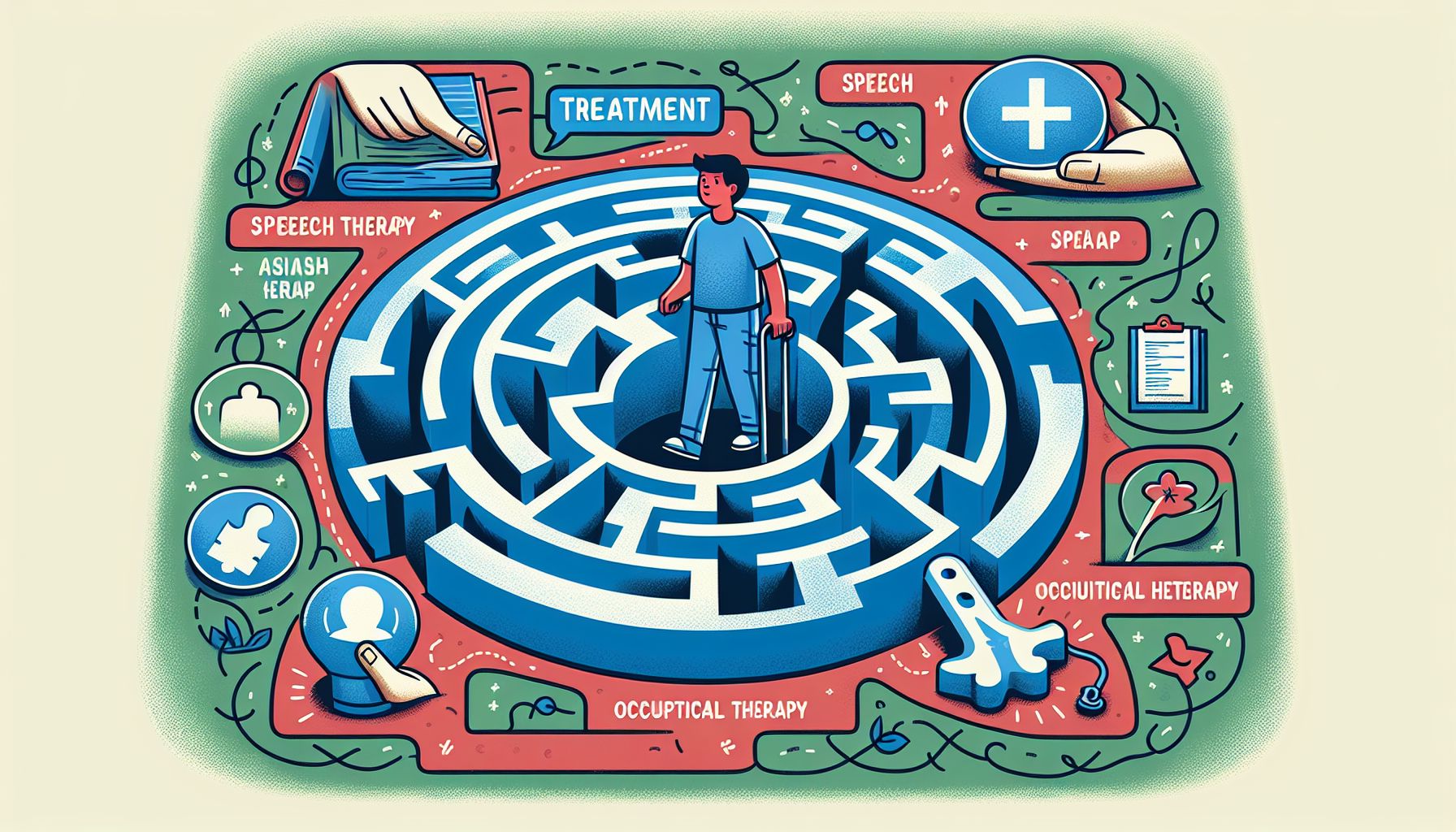Adolescence is a challenging period for any teenager, and it can be especially difficult for teenagers with autism. Autism, a disorder often tagged with myriad social and communication challenges, can make the usual teen issues of peer pressure, identity searching, growing independence, and physical changes overwhelming. Thankfully, with the right interventions and support, individuals with autism can navigate their teenage years and transition into adulthood successfully.
In this comprehensive and in-depth post, we’ll discuss the various strategies and treatments available for autism in adolescence. According to the Centers for Disease Control and Prevention (CDC), one in every 54 children in the United States is diagnosed with an autism spectrum disorder. They all deserve the chance at a fulfilling and independent life, and the help you give today is a significant step towards achieving that goal.
Understanding Autism in Adolescence
In the teenage years, the struggles faced by individuals with autism can become even more evident. The increased social demands and the complexities of relationships can make it more difficult for them to interact with their peers. So, it’s essential to understand their unique needs during this phase and adapt the treatments and strategies accordingly.
Tailored Therapies for Autism in Adolescence
Adolescents with Autism Spectrum Disorder (ASD) often benefit from therapies specially designed to cater to their needs. The main aim of these therapies is to help them improve their communication skills, social interactions, and behavioral responses.
Cognitive Behavioral Therapy (CBT)
One of the most effective therapies for autism in adolescence is Cognitive Behavioral Therapy (CBT). You might find it surprising to learn that CBT, originally developed to treat depression and anxiety, has proven to be quite beneficial for teens with autism. The therapy helps them understand and manage their emotions better. Plus, it teaches techniques to cope with anxiety – something common among the youth with autism.
Social Skills Training
Social skills training is an integral part of autism therapy in adolescence. These lessons can be taught in a group setting or one-on-one and often involve role-playing exercises to make the learning experience more engaging. The ultimate goal of these sessions is to improve the youth’s ability to interact with others, thereby improving their quality of life.
Speech and Language Therapy
With the focus on enhancing communication skills, speech and language therapy can make a world of difference for adolescents with autism. This type of therapy helps the teen express their thoughts, needs, and wants more efficiently, furthering their capacity for independence and autonomy.
Medication
While therapy plays a significant role in treating autism in adolescence, there are situations where medication can be beneficial. It’s crucial to remember that these should only be used under the supervision of a healthcare professional and that they are not a cure-all. Rather, they are used to manage some of the co-occurring symptoms like extreme anxiety or disruptive behavioral issues.
The Importance of Family Support
Ultimately, a substantial part of a teen’s journey through autism comes down to the support they receive from their family. This support can manifest in many ways – from understanding their unique needs to advocating for them in educational settings. But perhaps the most noteworthy form of support is the consistent reinforcement of what the teen learns in therapies within the home. Reinforcing therapy lessons significantly complements the professional treatment they are receiving.
Planning for the Future: Vocational Training and Transition Planning
As your teen with autism approaches adulthood, it’s crucial to start considering their future. Vocational training is a critical tool in preparing them for future employment opportunities. Additionally, transition planning plays a key role in grooming your teen’s daily living skills and helps them realize their potential for independent living.
Throughout this journey, remember, the goal is not to ‘cure’ your teen but rather to help them lead an independent, productive, and fulfilling life. Autism treatment in adolescence is a journey filled with challenges, but with your unwavering support, your teen can build the skills and confidence they need to lead an independent and fulfilling life. Remember, every step you take together is a milestone on this journey – each one is precious and worth celebrating!

